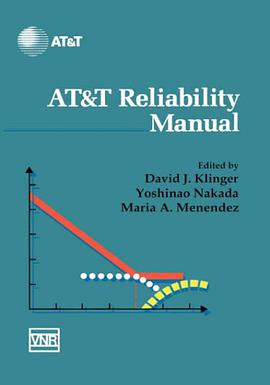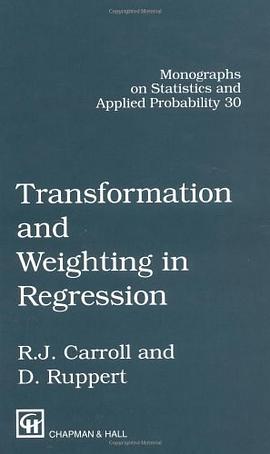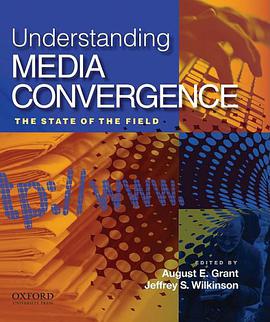

In the cities of Northeast Brazil where 50 per cent of the population lives in poverty, children play a key role in the local economy?in their households, in formal jobs, and in the thriving informal sector (washing cars, shining shoes, scavenging for recyclables, etc.). Why children migrate to the city, how they negotiate their existence, and why they stay are just some of the questions addressed in this fascinating study. Mary Kenny spent close to 15 years in the urban areas of Northeast Brazil talking with and interviewing children. She even gave them disposable cameras to document their daily lives (many of the photographs they took are included). Rather than lament a lost childhood, or try to save these children, Kenny explores some of the complex conditions under which these children work and live. She illustrates how unrelenting scarcity shapes family and, by extension, children's options, decisions, and worldviews. The issues raised in this book are of critical importance. There are no easy answers, but listening to how these children define themselves and their circumstances is an important step towards understanding and ultimately solving economic and social inequality. Academics please note that this is a title classified as having a restricted allocation of complimentary copies. Restricted titles remain available to adopters and to academics very likely to adopt in the coming semester. When adoption possibilities are less strong and/or further in the future, academics are requested to purchase the title, with the proviso that UTP Higher Education will happily refund the purchase price if the book is indeed adopted.
具体描述
读后感
评分
评分
评分
评分
用户评价
相关图书
本站所有内容均为互联网搜索引擎提供的公开搜索信息,本站不存储任何数据与内容,任何内容与数据均与本站无关,如有需要请联系相关搜索引擎包括但不限于百度,google,bing,sogou 等
© 2025 book.wenda123.org All Rights Reserved. 图书目录大全 版权所有




















